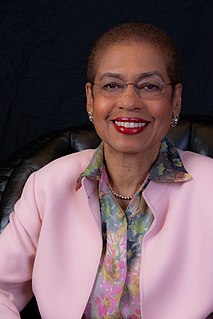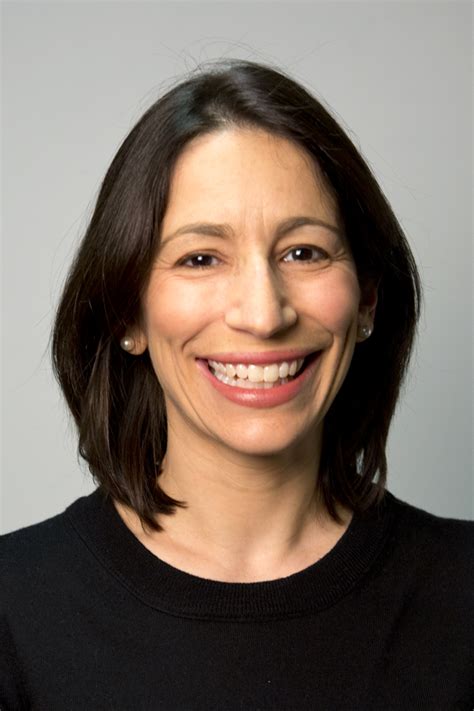A Quote by Michelle Alexander
The sprinkling of people of color through elite institutions in the United States, due to affirmative action policies and the limited progress of middle-class and upper-middle-class African Americans, creates the illusion of great progress.
Related Quotes
Affirmative action is the most important antidiscrimination technique ever instituted in the United States. It is the one tool that has had a demonstrable effect on discrimination... Affirmative action, by all statistical measures, has been the central ingredient to the creation of the black middle class.
The American middle class, it seems to me, is looking to politicians now to satisfy a pretty basic - and urgent - level of need. Yet people in the upper middle class - with their excellent health benefits, schools, salaries, retirement plans, nannies and private afterschool programs - have journeyed so far from that level of need that, it often seems to me, they literally cannot hear what resonates with the middle class. That creates a problematic blind spot for those who write, edit or produce what comes to be known about our politicians and their policies.
We're going to have to invest in the American people again, in tax cuts for the middle class, in health care for all Americans, and college for every young person who wants to go. In businesses that can create the new energy economy of the future. In policies that will lift wages and will grow our middle class. These are the policies I have fought for my entire career.
The government decides to try to increase the middle class by subsidizing things that middle class people have: If middle-class people go to college and own homes, then surely if more people go to college and own homes, we’ll have more middle-class people. But homeownership and college aren’t causes of middle-class status, they’re markers for possessing the kinds of traits — self-discipline, the ability to defer gratification, etc. — that let you enter, and stay, in the middle class. Subsidizing the markers doesn’t produce the traits; if anything, it undermines them.






































